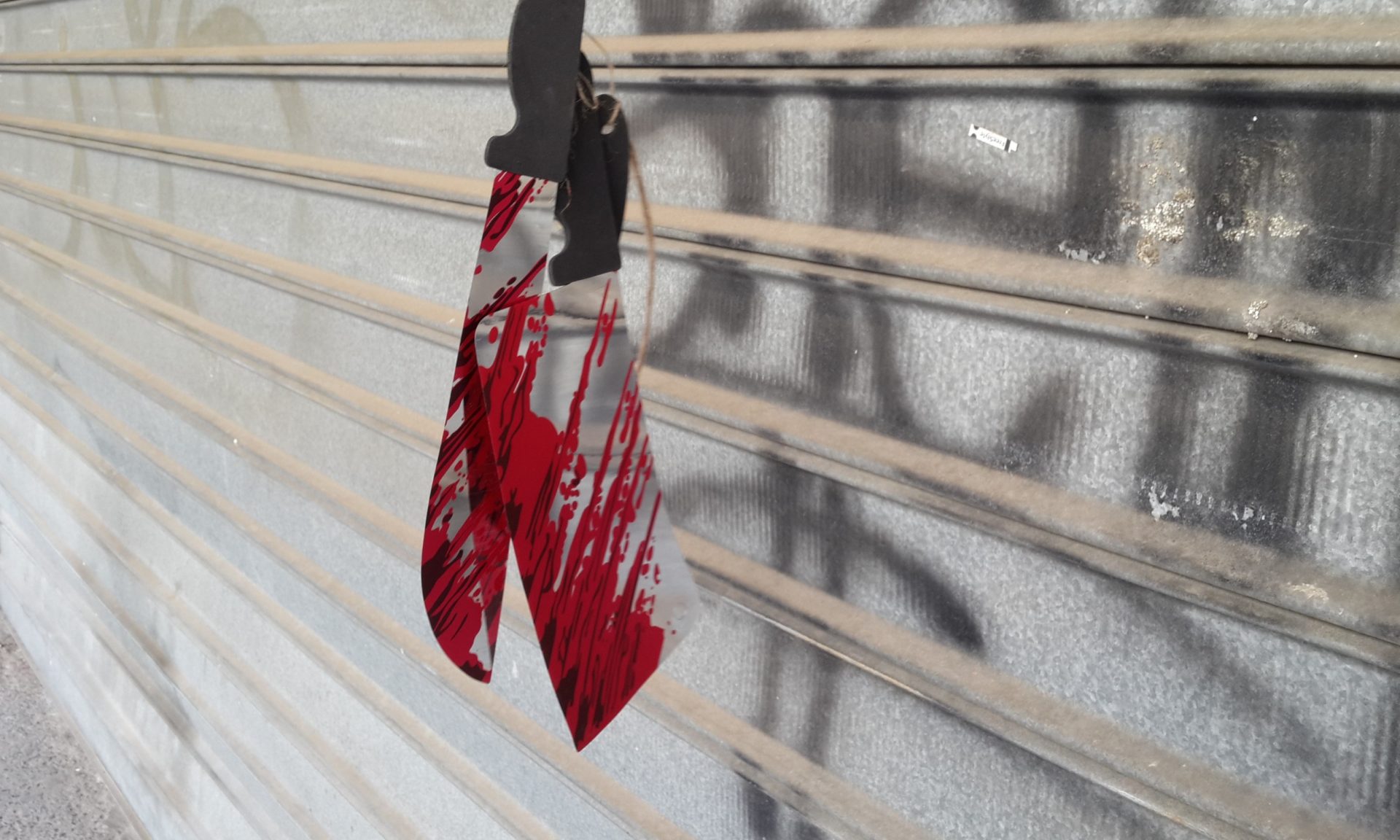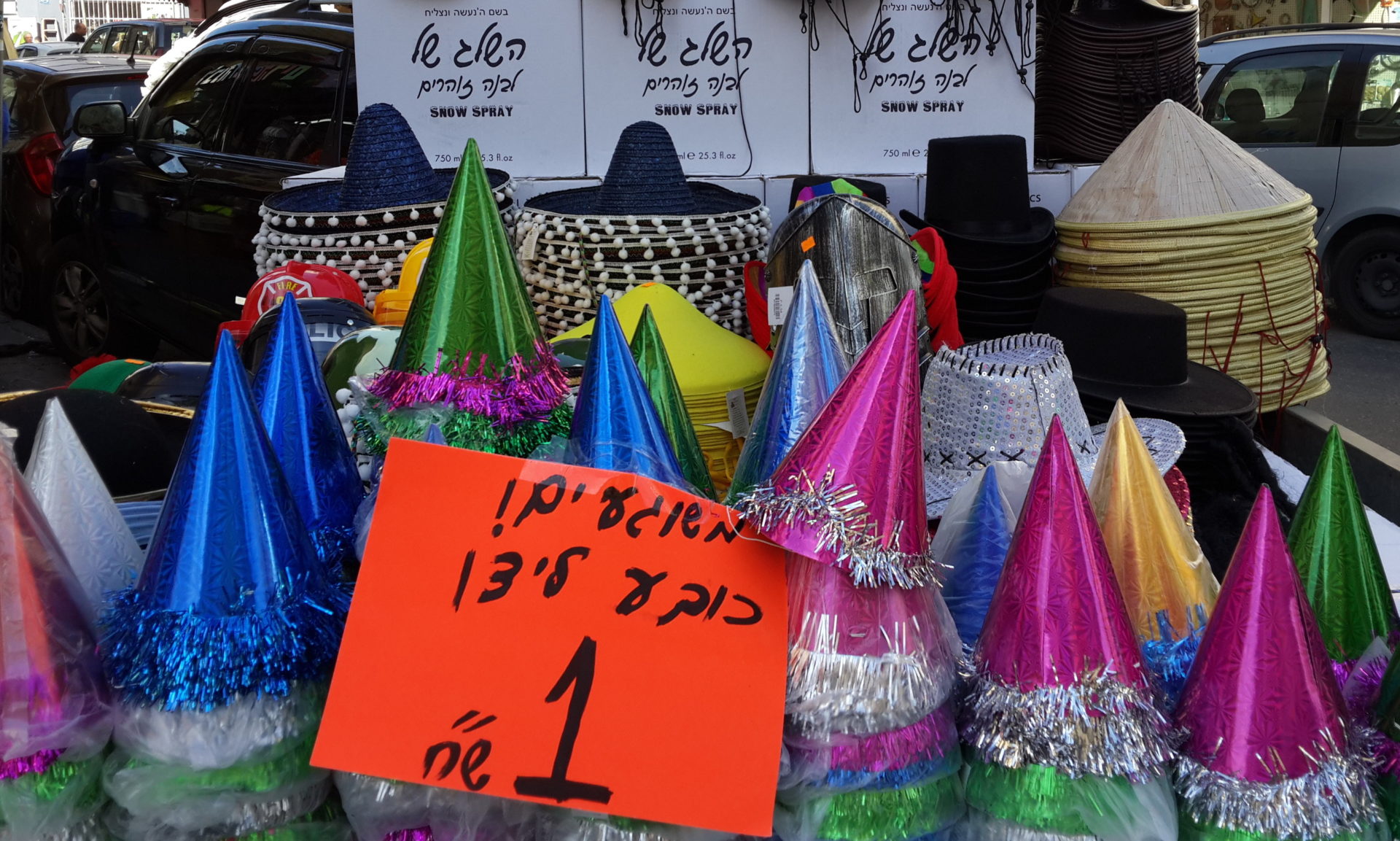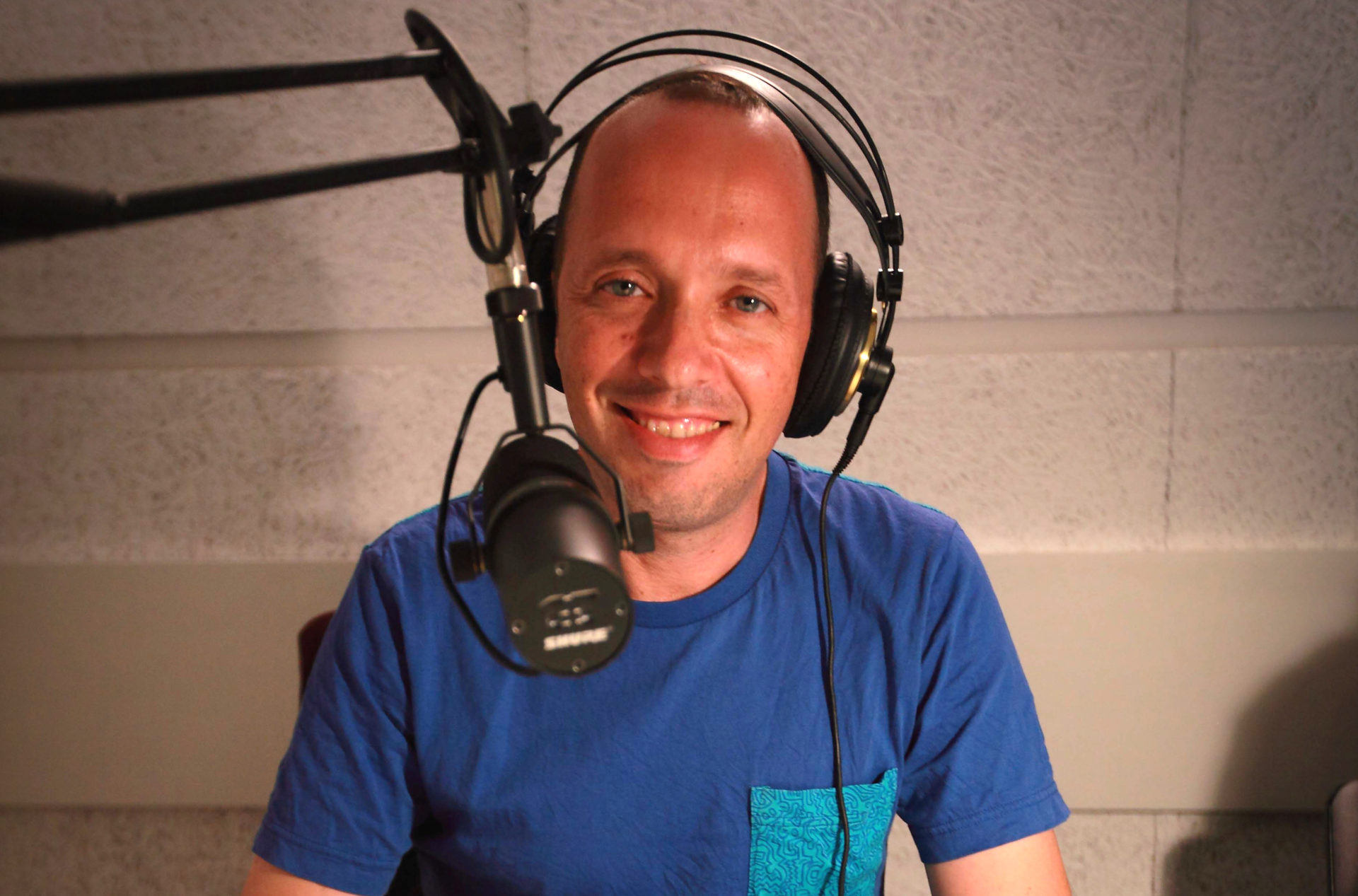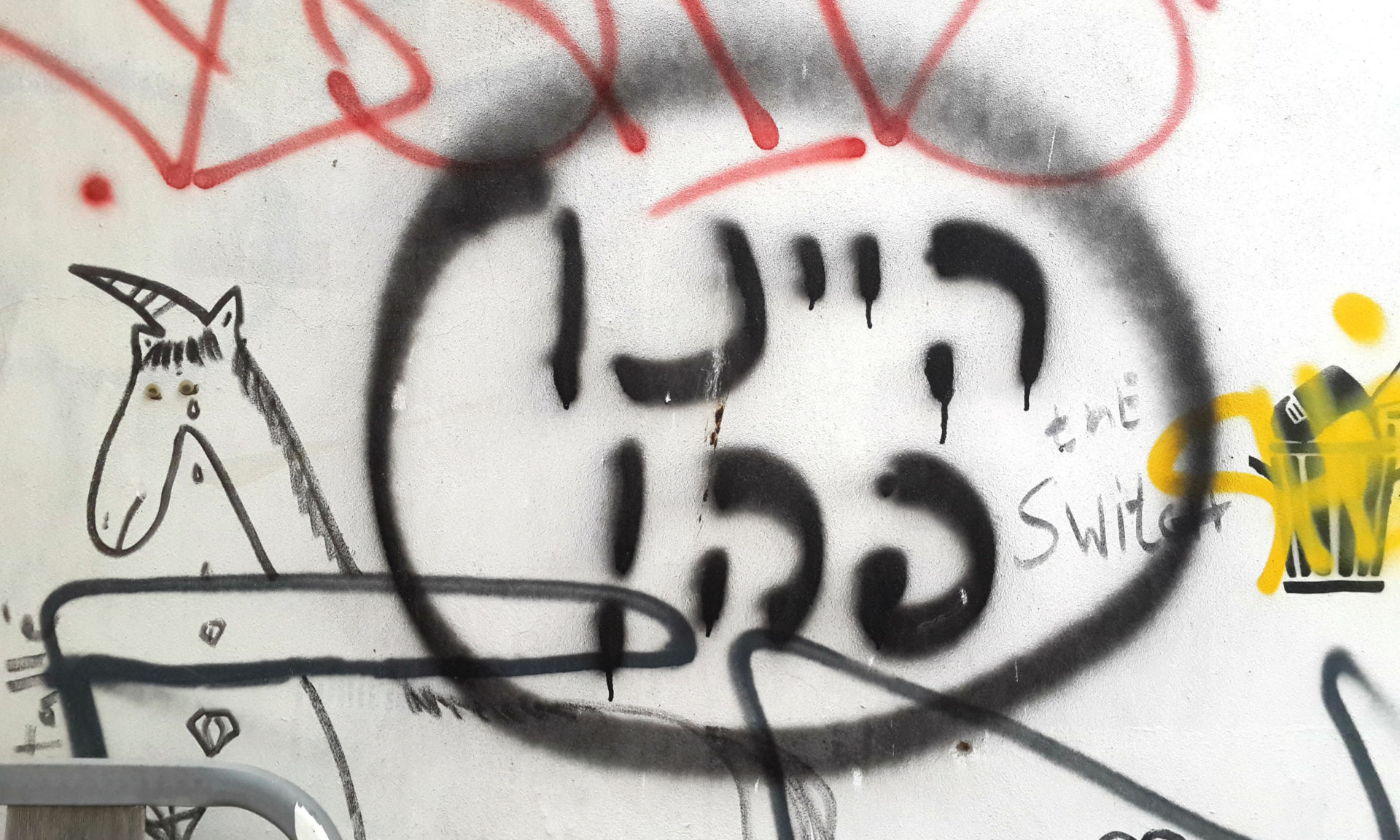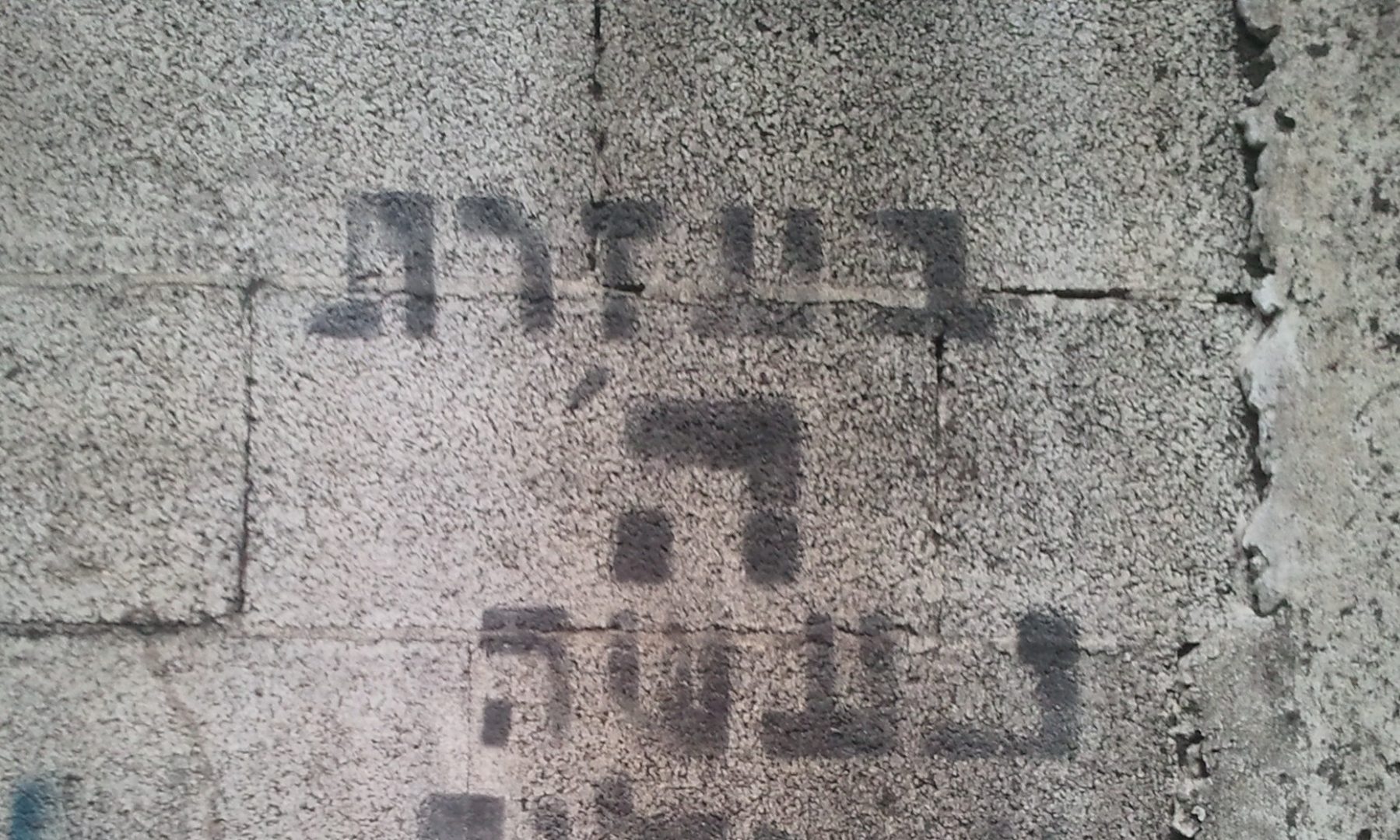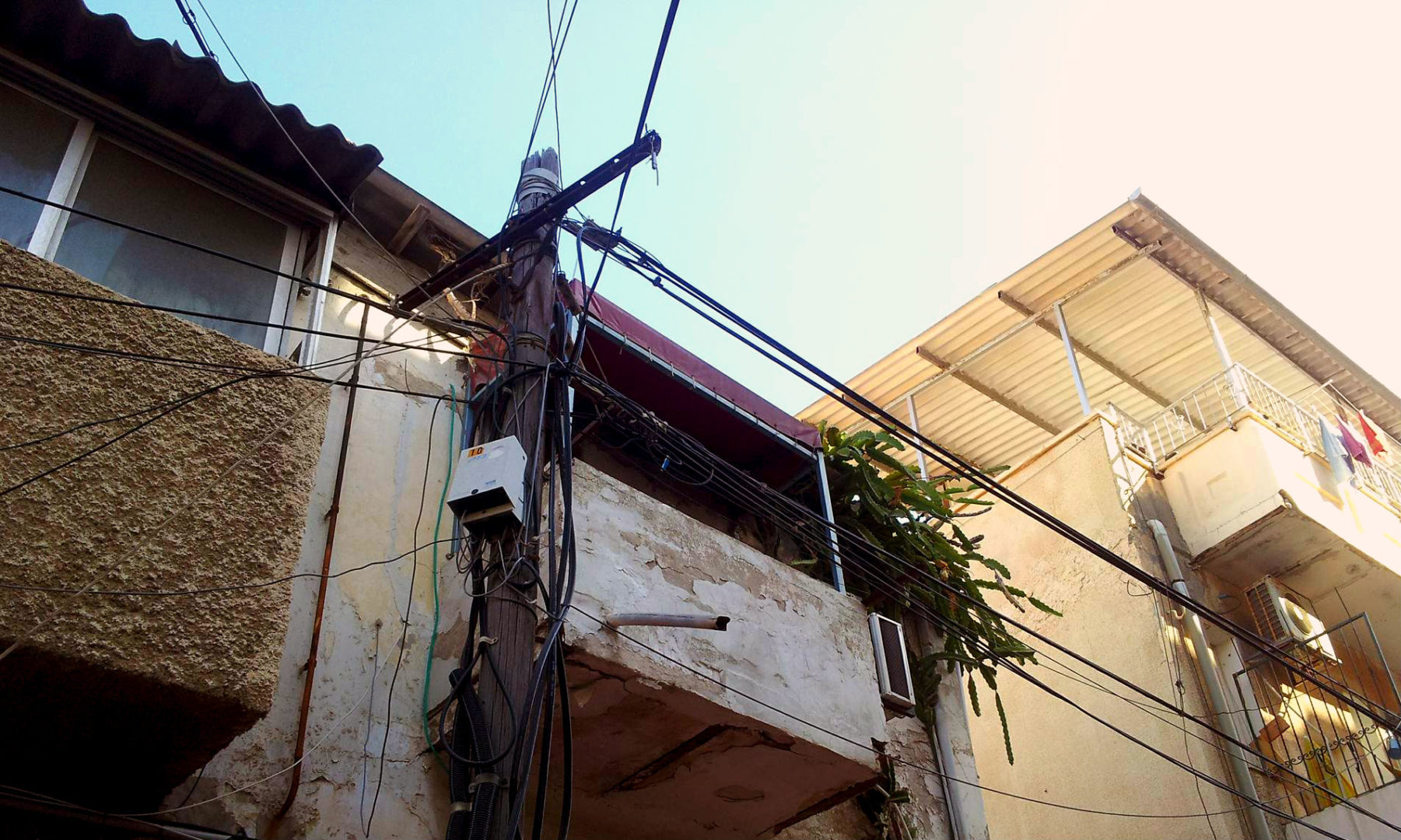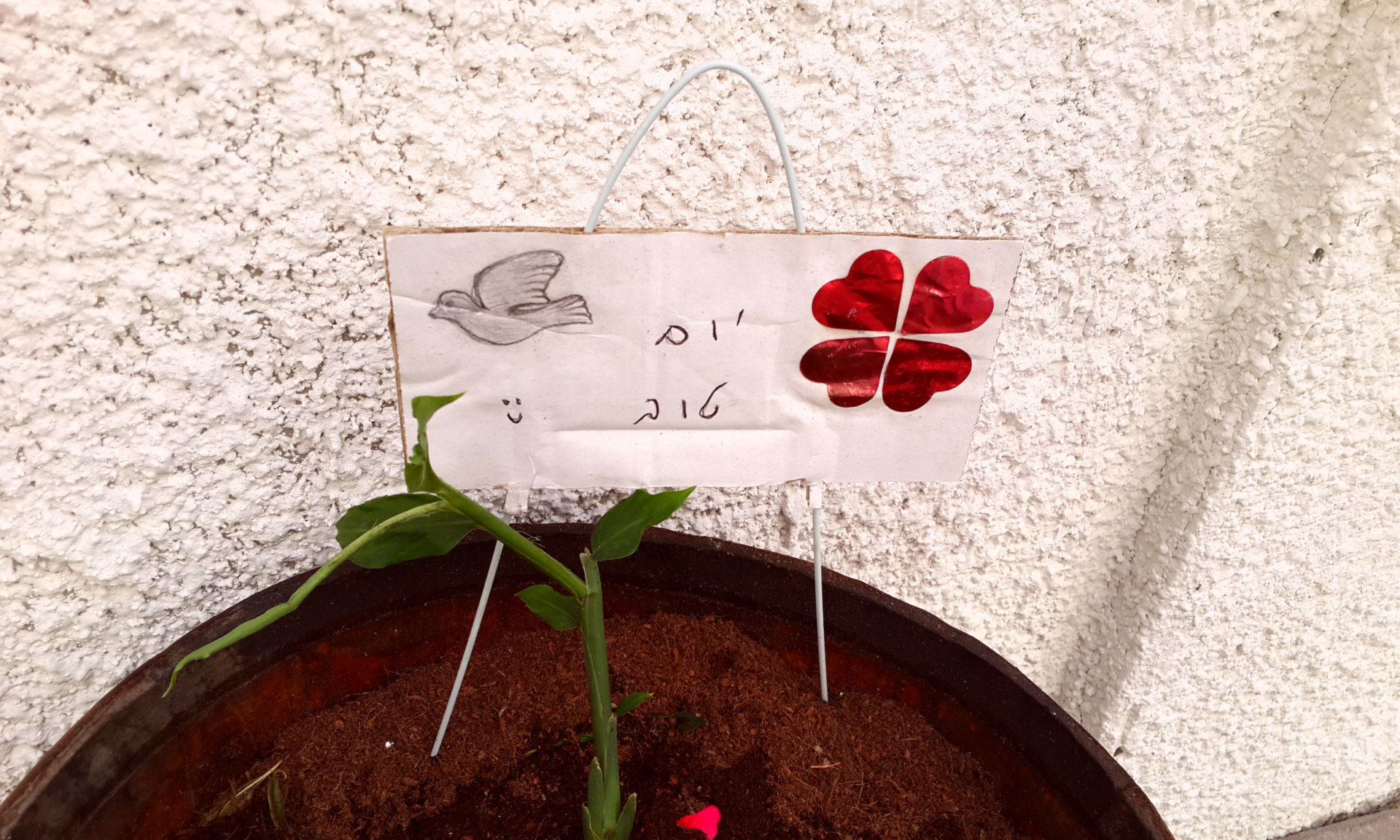Pagash-Nifgash: Close Encounters of the Hebrew Kind
Even advanced learners have difficulties with the פגש-נפגש verb forms, both meaning ‘he met.’ Guy explains the differences between the two, so you know how to meet up with your best friends as well as how to bump into them
Read More


